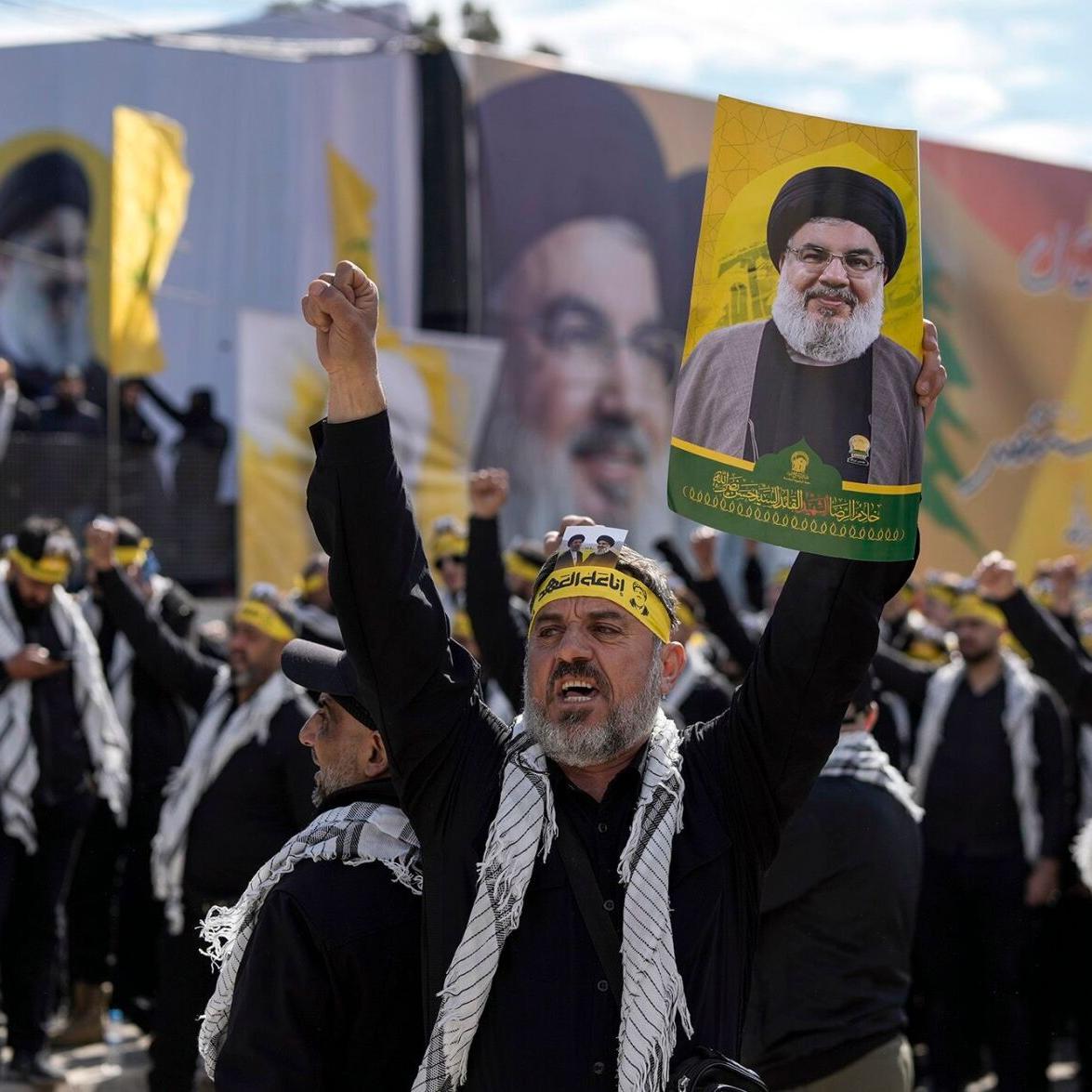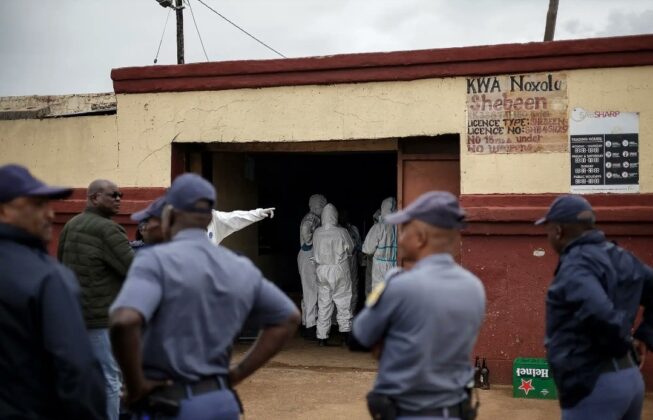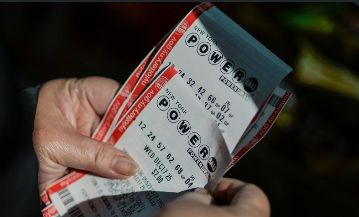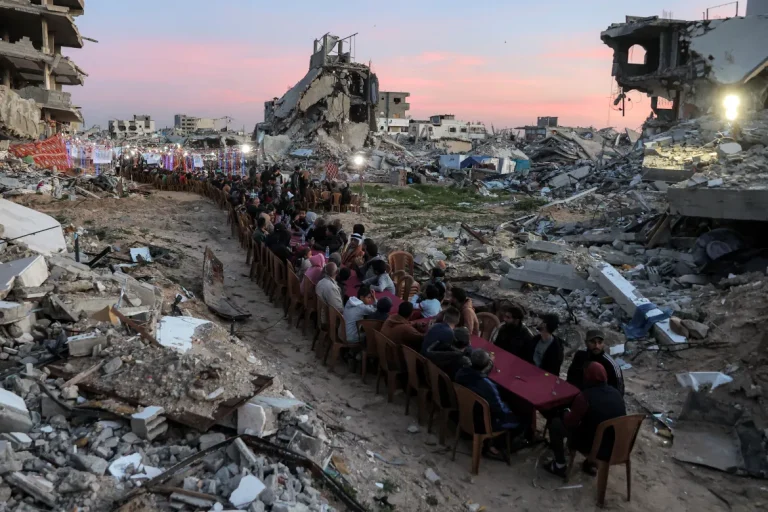
Lebanese government endorses army plan to disarm Hezbollah, sparking fears of civil conflict amid Israeli strikes and US pressure [Image by Crossroads Today]
(The Post News) – Lebanon’s government is backing a controversial army proposal to demilitarize Hezbollah, a move that escalates political tensions and fuels worries of domestic conflict. It follows continuing Israeli air raids on southern Lebanon and pressure from the United States for rapid acceptance of a disarmament proposal.
The government of Lebanon on Friday embraced the Lebanese Armed Forces’ (LAF) offer to enjoy a state monopoly of arms, which would be equivalent to disarming Hezbollah’s militia. Information Minister Paul Morcos confirmed cabinet consensus without avowing it was finalized. The prime minister, Nawaf Salam, made the announcement that the army will submit monthly reports of achievement, though the government did not set a timeframe.
Morcos admitted the army has “limited capabilities,” illustrating the scope of the challenge.
Hezbollah Rejects Plan, Warns of Instability
Hezbollah immediately rejected the initiative. Senior official Mahmoud Qmati stated that the plan should remain “suspended until further notice” unless Israel halts attacks and withdraws troops from southern Lebanon.
The secretary-general, Naim Qassem, went a step further in an August speech, declaring: “We will not relinquish the weapons that honor us nor the weapons that protect us against our adversary.” He warned the government that trying to face Hezbollah could result in civil war and street demonstrations.
Five Hezbollah and allied Amal movement ministers walked out during Friday’s cabinet session when discussion began, the state-owned National News Agency reported.
The Lebanese government move is after a US-backed strategy that ties Hezbollah disarmament to an Israeli ceasefire. Washington has urged Beirut to act, and US envoys Tom Barrack and Morgan Ortagus negotiated the deal between Lebanon and Israel.
Barrack described the army’s plan as part of an 11-step strategy aimed at avoiding war. “They’re not talking about going to war,” he told reporters. “They’re talking about how to make Hezbollah give up those weapons.”
Israel said it may scale back its forces in southern Lebanon if the Lebanese army does carry out the plan. But the air strikes continue, killing four civilians on Wednesday.
Risk of Civil Conflict
Political analysts warn that the proposal would destabilize Lebanon. Sustained casualties in last year’s conflict with Israel, including the assassination of long-serving leader Hassan Nasrallah, have diminished Hezbollah’s strength, but it remains Lebanon’s most powerful non-state actor with popular support among Shiite groups.
“Hezbollah has lost regional legitimacy and some of its domestic clout, but it is still a force to be reckoned with,” political analyst Karim Emile Bitar said. “Any effort to disarm it without national consensus is bound to encounter confrontation.”.
Government sources say the plan envisages placing all militia weapons under government control by the end of 2025. But officials have not made the details public, likely to prevent heightening tensions.
In addition to military tactics, Washington has suggested creating a special economic zone in southern Lebanon, modeled after Egyptian and Jordanian industry ventures. The idea, floated by Barrack during a recent visit, is meant to provide jobs as an inducement for Hezbollah fighters to disarm.
Experts were skeptical. “There is no trust in America,” close Hezbollah ally political analyst Qassem Kassir said. Critics argue that Lebanon does not maintain normal relations with Israel like Egypt and Jordan, making such ventures politically toxic.
Others warn that such zones have a way of relocating residents, exploiting workers, and serving as sheltered enclaves with minimal gains for locals.
Divided Nation
With the ending of Lebanon’s civil war through the 1990 Taif Agreement, Hezbollah has been the only armed militia in the guise of fighting Israeli occupation. In today’s times, that elite status is at the center of Lebanon’s sectarian politics.
Hezbollah’s detractors say they charge it with driving Lebanon into war and selling out state sovereignty. Others believe that disarmament while Israel occupies Lebanese ground will be tantamount to defeat.
Prime Minister Salam, a former president of the International Court of Justice, is charged with treason by Hezbollah supporters for aligning himself with US pressure. But Hezbollah’s opponents claim the party’s weapons are a national expense.
“Part as long as Israel has military outposts in Lebanese territory and bombards the border area, Hezbollah will continue to justify its weapons,” a senior Lebanese government official warned.
The army plan is the first serious government-backed attempt to eliminate Hezbollah’s arsenal. But with Israeli airstrikes ongoing, US pressure mounting, and domestic political cracks widening, the tenuous stability of Lebanon is threatened.
For Lebanese citizens, the question is whether the government’s bold gamble will reassert state sovereignty or go into another book of civil war.



